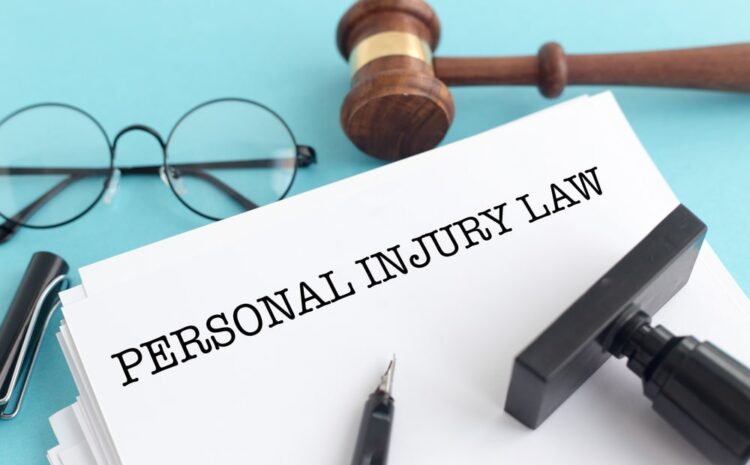
Dealing with the aftermath of an accident can be overwhelming, especially when you are injured and unsure of your next steps. Understanding the basics of personal injury claims can help you feel more confident as you begin this crucial process.
Understanding Personal Injury Claims
A personal injury claim is a legal process used to seek compensation for injuries and losses resulting from an accident caused by someone else’s negligence. These claims can cover various situations, including automobile accidents, slip and fall incidents, workplace injuries, and more. The aim is to restore the injured party to the financial position they were in before the accident, as much as possible.
The Role Of Negligence
For a personal injury claim to be successful, the injured party must prove that another person or entity was negligent. This means showing that the responsible party had a duty to ensure safety, that they breached this duty, and that their breach directly caused the injury. Documenting evidence meticulously is critical in establishing these points.
Seek Medical Attention
The first step after being injured should always be to seek appropriate medical care. Not only is this vital for your health, but medical records play a pivotal role in personal injury claims. They serve as an official record of your injuries and subsequent treatment, which can be pivotal in demonstrating the extent and impact of your physical suffering.
Documentation Is Key
In addition to medical records, compile all related documentation, which may include police reports, witness statements, photographs of the scene, and receipts for expenses incurred due to the injury. This documentation will support your claim by providing a detailed account of the incident and its aftermath.
Contacting Your Insurance
Notify your own insurance company about the incident, regardless of fault. This notification should be prompt and include basic information about the incident; however, avoid making any admissions of fault or detailed statements until you have consulted with a personal injury lawyer.
Legal Representation Matters
Personal injury law can be complex, and your personal injury lawyer can make a significant difference in the outcome of your case. A lawyer will understand how to manage your next steps, represent your interests vigorously, and negotiate with insurance companies or opposing counsel effectively.
Calculating Your Claim
Compensation in personal injury cases may cover medical expenses, lost wages, pain and suffering, and other losses. Your attorney will help you understand what damages you are entitled to and how they should be calculated. The goal is to ensure that the compensation reflects the true cost of your injuries.
Preparing For Litigation
While many personal injury cases settle out of court, some do go to trial. Preparation for litigation involves gathering evidence, expert testimonies, and crafting a clear, compelling case to present to a jury. This process can be rigorous, and having professional legal representation is invaluable.
Remember, you do not have to handle this alone; legal professionals are ready to help you recover the compensation you deserve to move forward from this challenging time.



